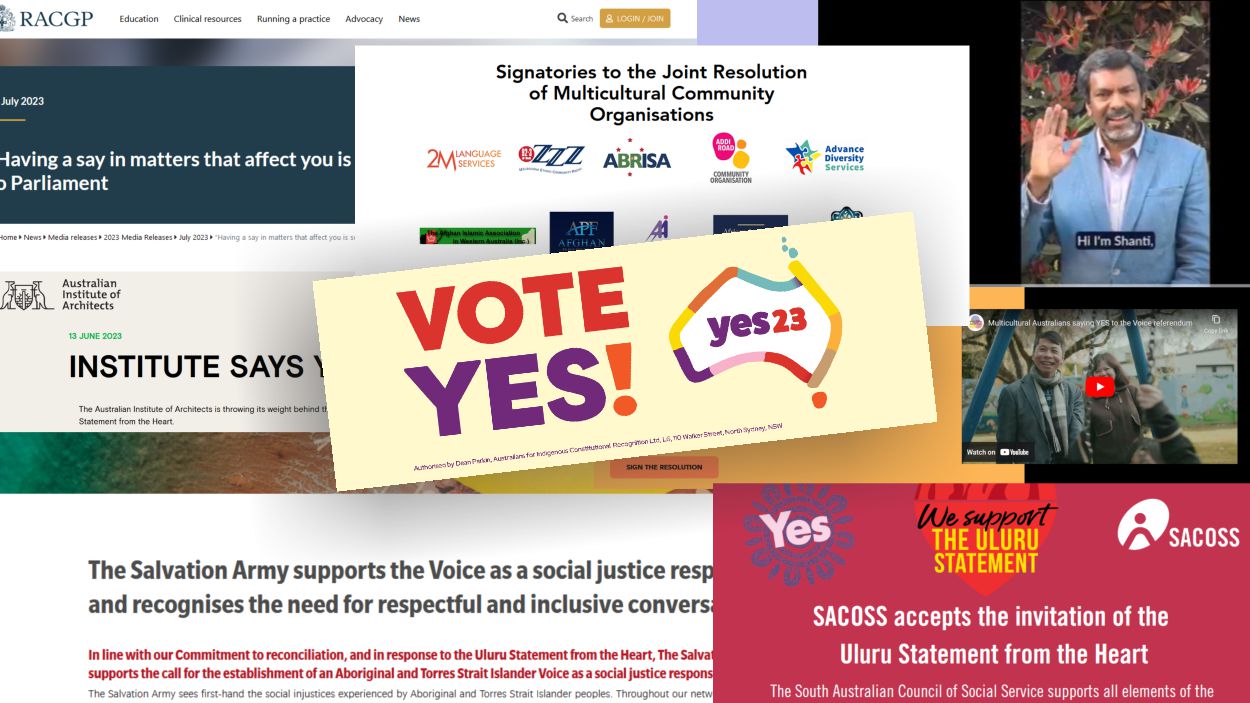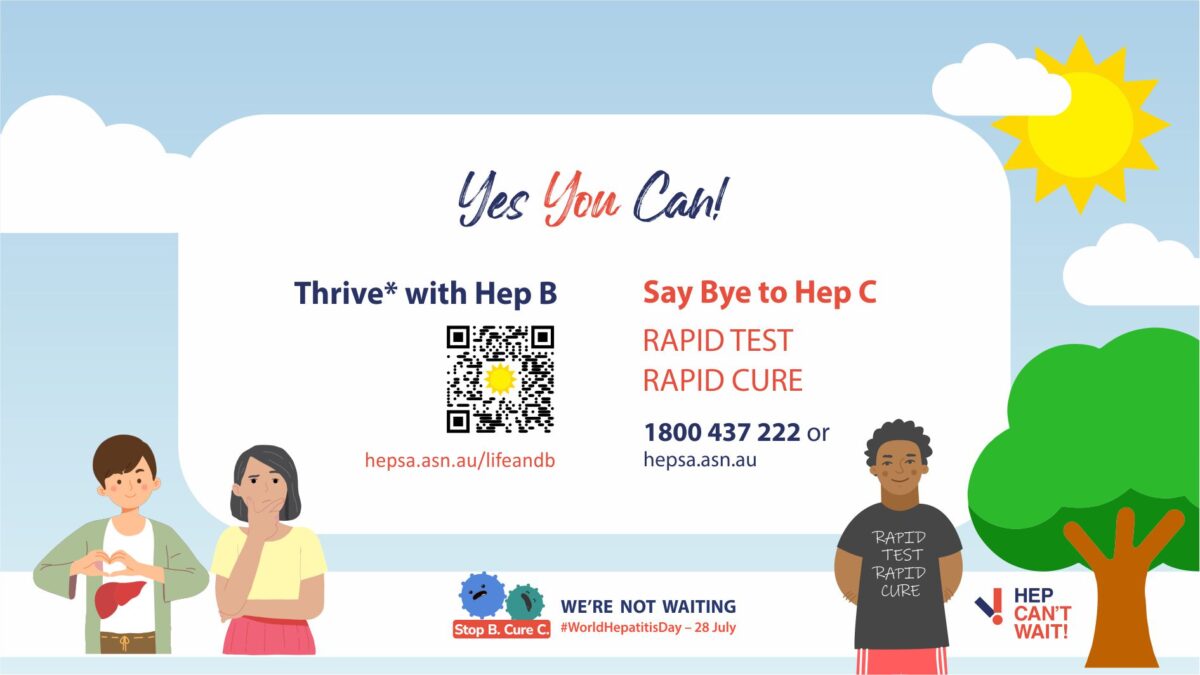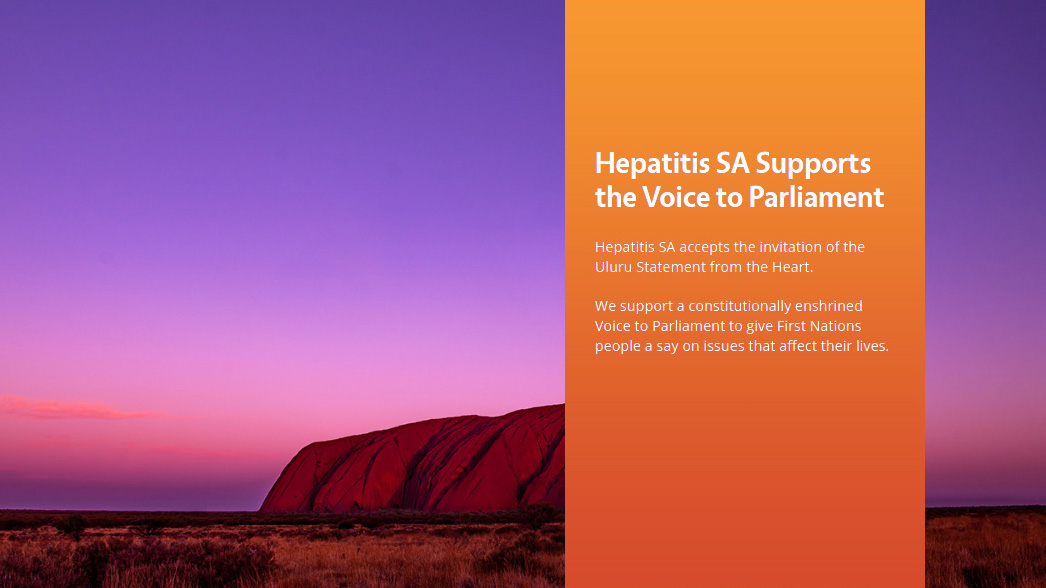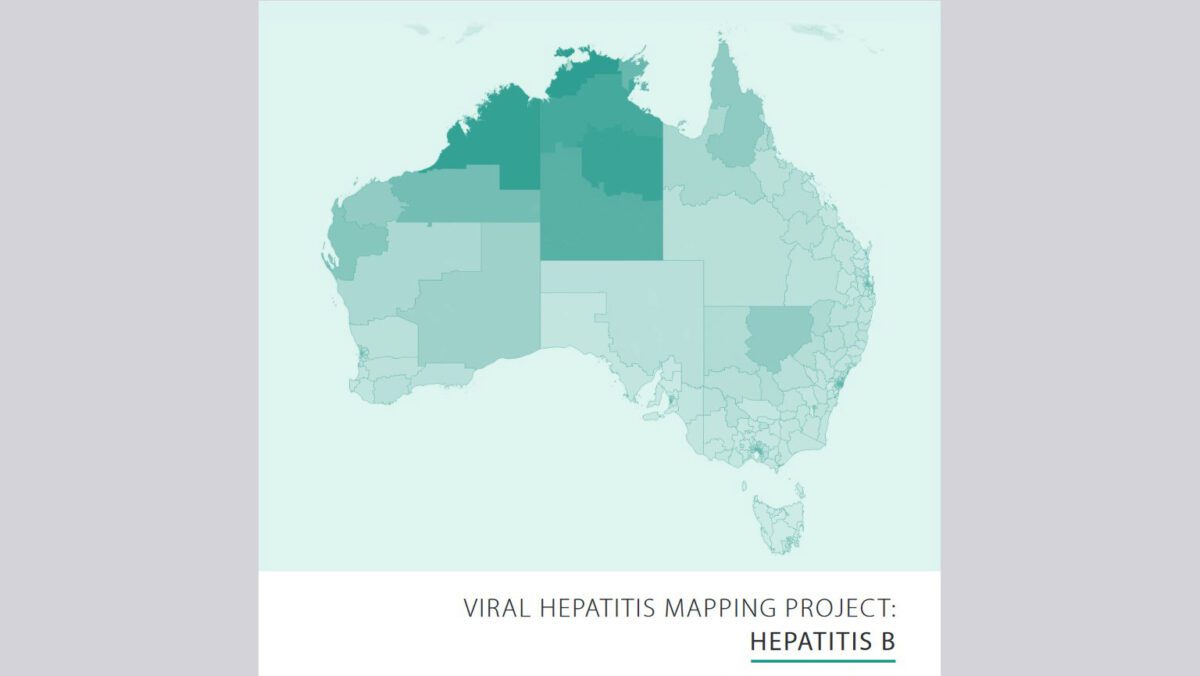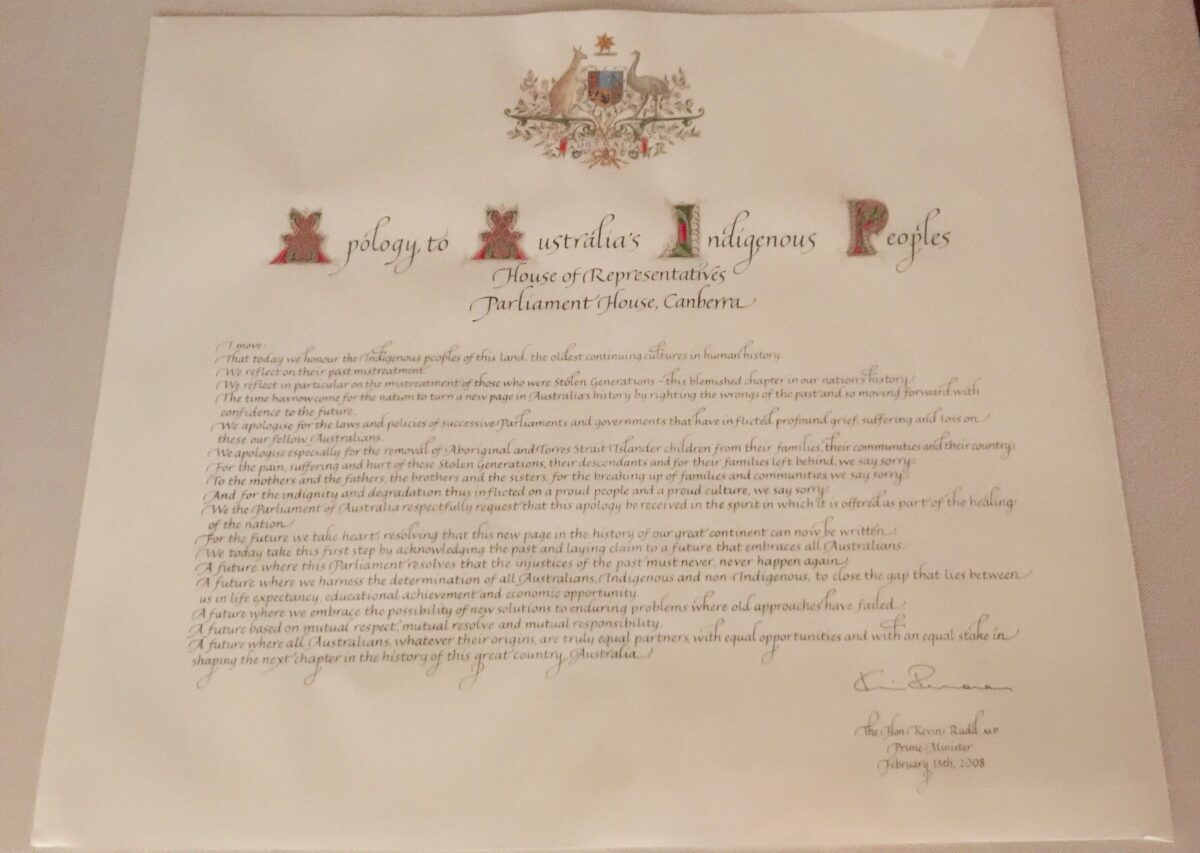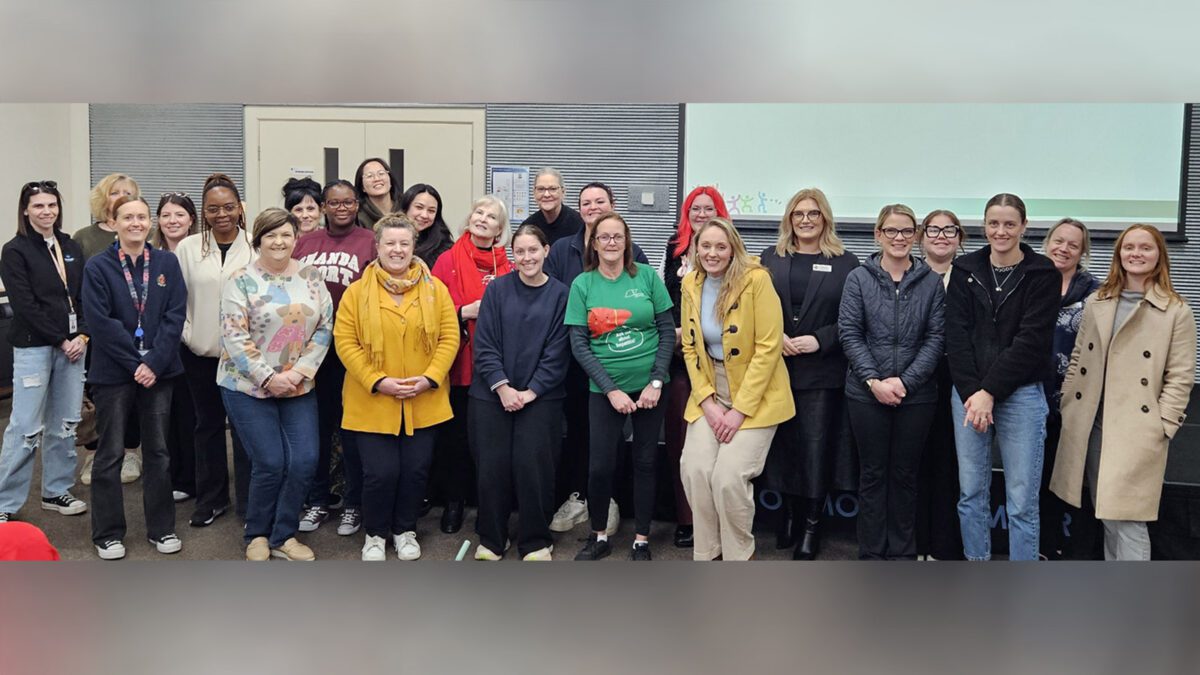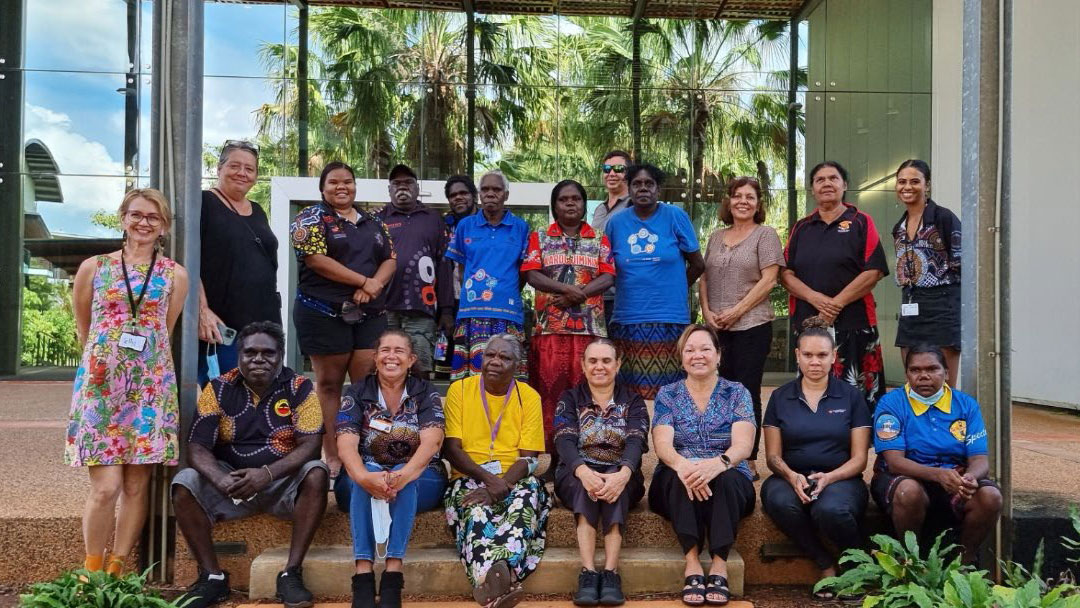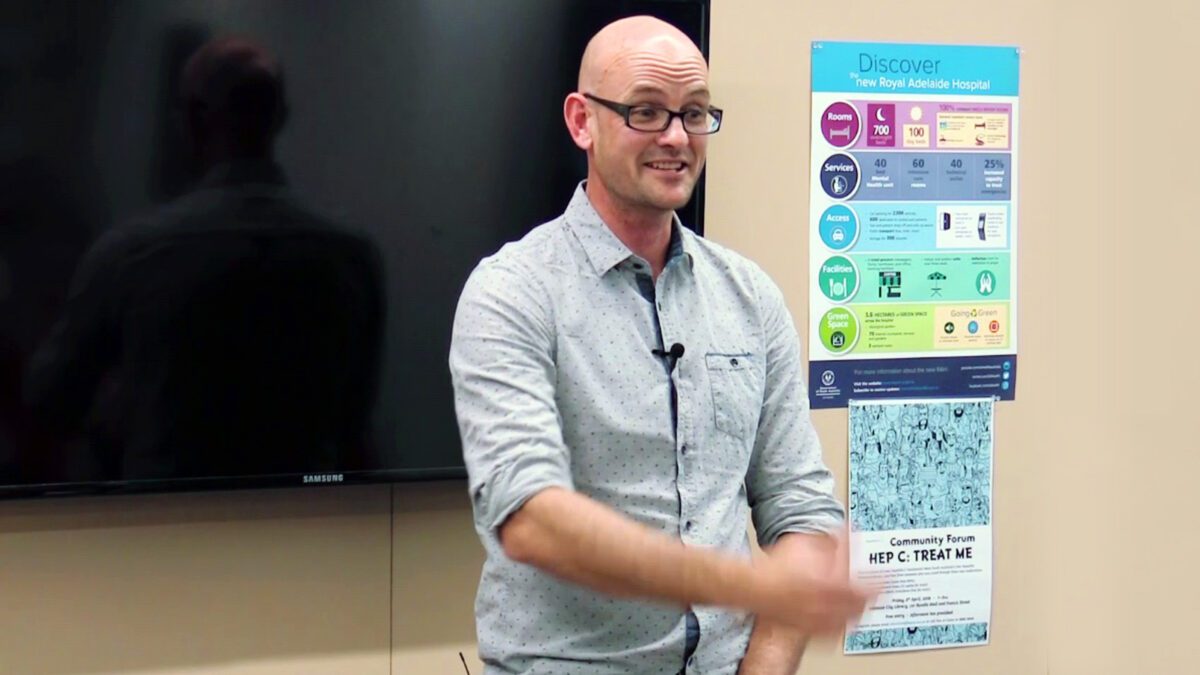Community groups like Hepatitis SA are coming forward to support the Uluru Statement from the Heart, and to say “Yes” to the Voice to Parliament. They include national and local service organisations, ethnic and cultural associations, professional bodies and diverse faith-based groups.
Major religious organisations were early supporters with a joint statement released in May 2022. This gave impetus to the formation of the Multicultural Australia for the Voice, an alliance with up to 178 organisations signed up to date.

These community service groups include SACOSS, Hepatitis Australia, NUAA, NACCHO, Diabetes Australia, Cancer Councils and faith-based charities The Salvation Army, Anglicare Australia, Baptist Care Australia, Catholic Social Services Australia, St Vincent de Paul Society and UnitingCare Australia.
Professional bodies ranging from Law Societies, the College of General Practice, the College of Surgeons, the Nursing Federation and the Institute of Architects are also on board.
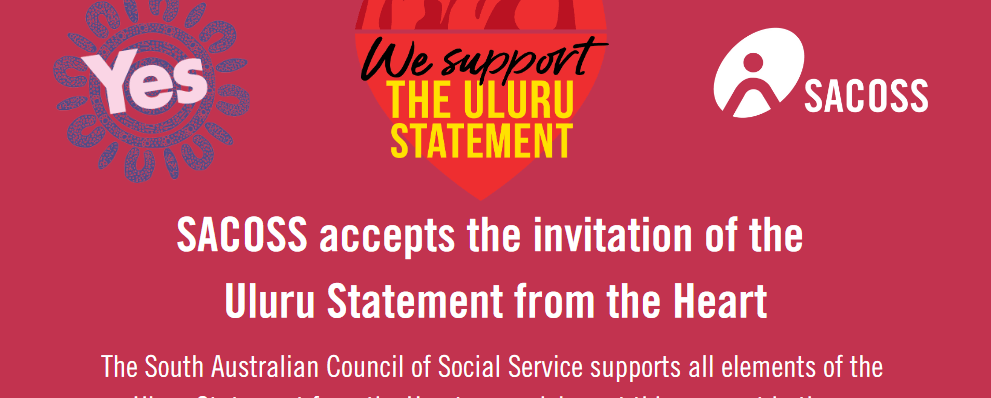
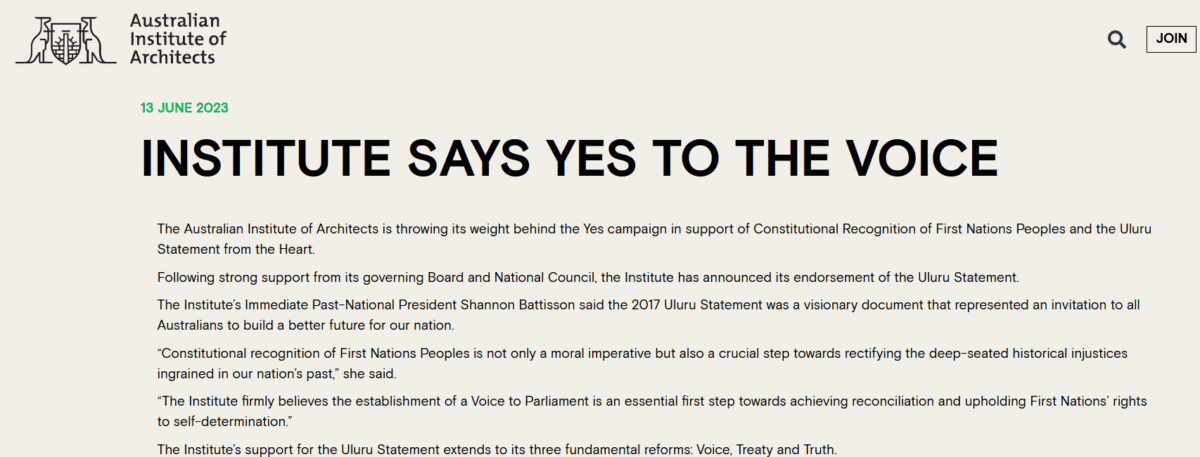
Among the many and varied reasons given, top on the list is improved outcomes for Aboriginal and Torres Strait Islander people. This came through clearly in health services where organisations cited better health outcomes as a reason for supporting the Voice.
…tangible opportunity to improve the health and wellbeing of Aboriginal and Torres Strait Islander peoples
Hepatitis Australia viewed it as “core business in Australia’s efforts to eliminate viral hepatitis.” The Cancer Council SA saw it as a reform that would align with their strategy and purpose to “reduce the rate and impact of cancer for all South Australians.”
The Royal Australian College of General Practitioners (RACGP) said, “The Voice to Parliament will help drive changes to improve health outcomes for Aboriginal and Torres Strait Islander peoples and address the inequity in our health system”, and the Australian Medical Association (AMA) saw it as “a tangible opportunity to improve the health and wellbeing of Aboriginal and Torres Strait Islander peoples”.
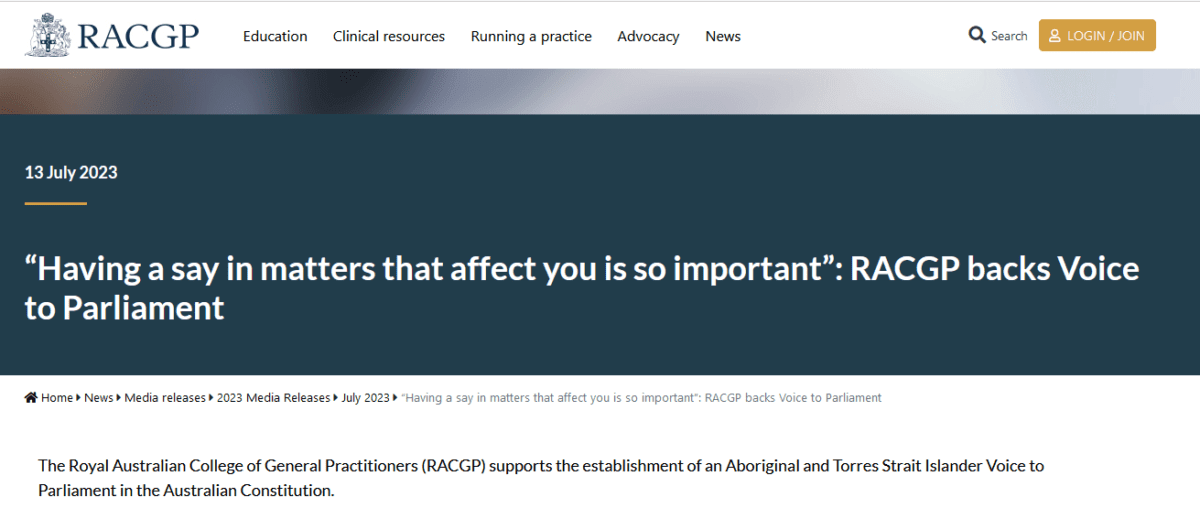
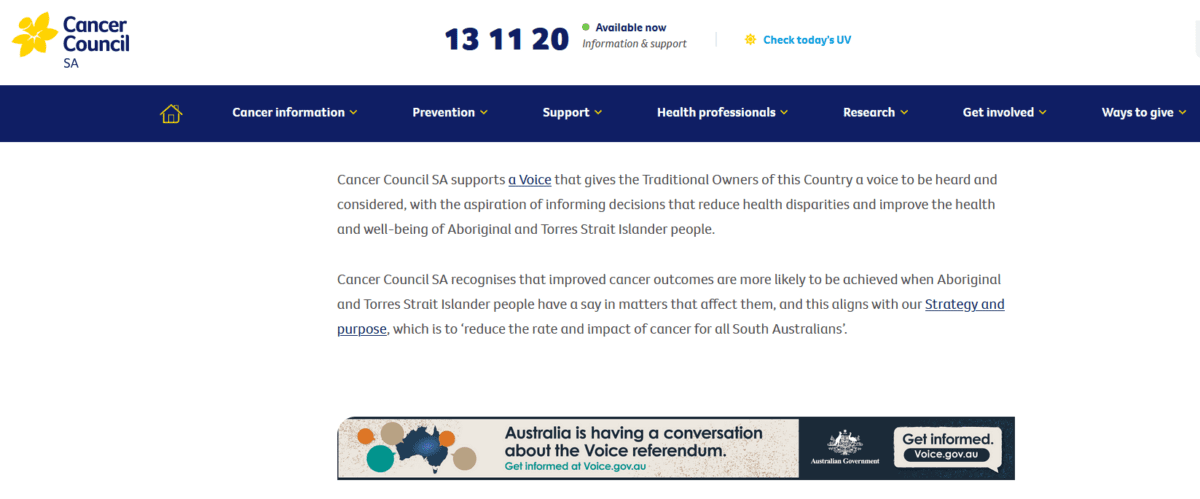
The National Aboriginal Controlled Community Health Organisation (NACCHO), pointed out, “Research clearly shows the links between constitutional recognition and improved health outcomes” citing as example, the successful management of COVID-19 in communities who were consulted with and listened to.
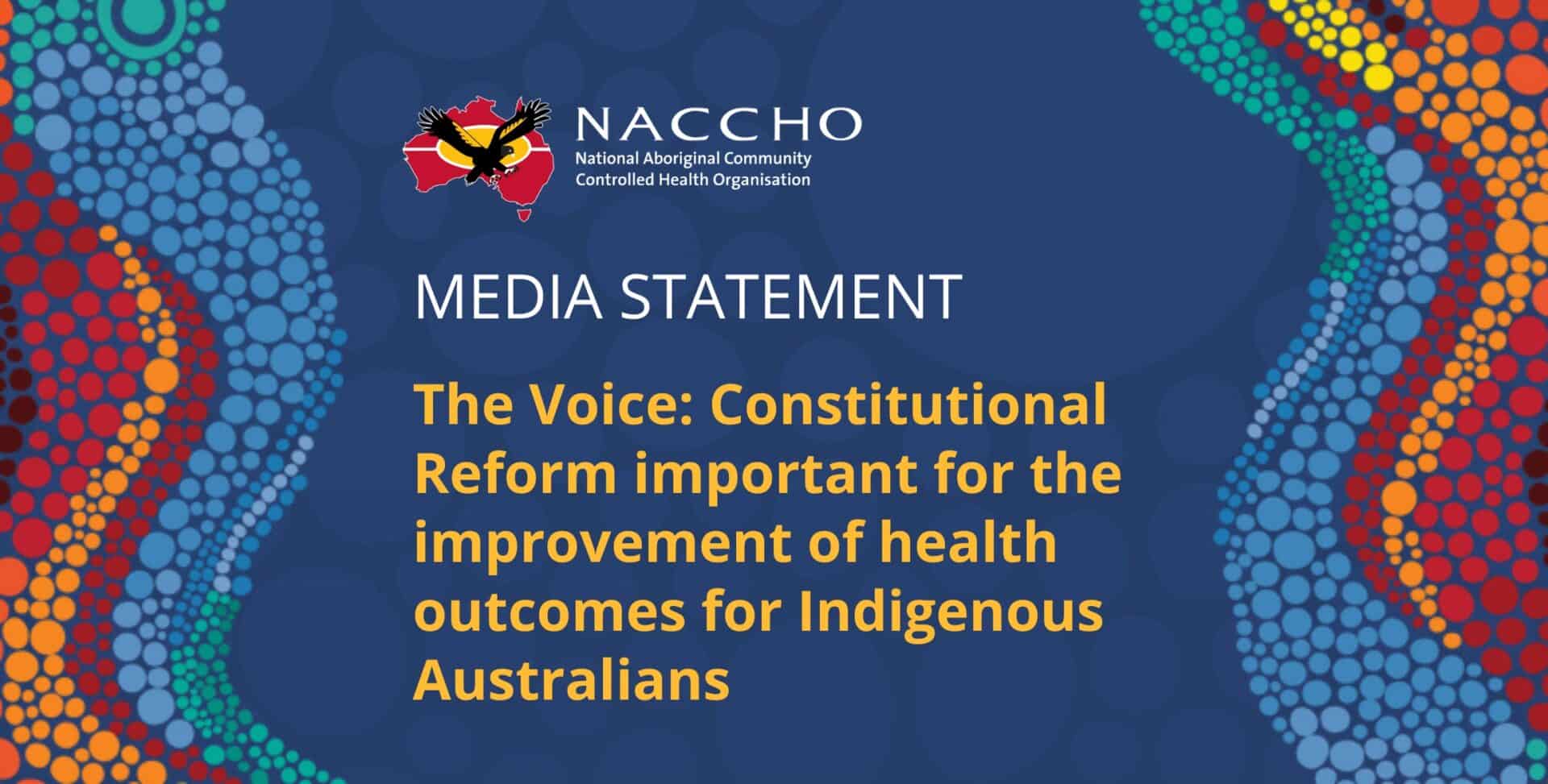
The other common theme is that the Voice is a just and reasonable request. Some direct quotes include:
- The Voice will enable self-determination to create a more just society.
- [It is] a crucial step towards rectifying the deep-seated historical injustices ingrained in our nation’s past.
- [It will] create a better society for everyone.
- It is a just and inclusive approach to decision-making processes that impact First Nations people.
- This reform is modest, practical and fair.
- It is important for closing the gap in health and education.

Others saw it as part of the reconciliation process, accepting the Uluru Statement’s call for Voice, Treaty, Truth, with the Voice being the first step.
Less common but just as compelling reasons cover historical perspective, trust, personal lived experience, acknowledging the First Nations stewardship of the land over 65,000 years, and the negative consequences of saying “no”. These were often from people of migrant backgrounds.
“We have confidence and trust in our indigenous brothers and sisters,” said one.
“Because I know what it is like to be displaced,” said another.
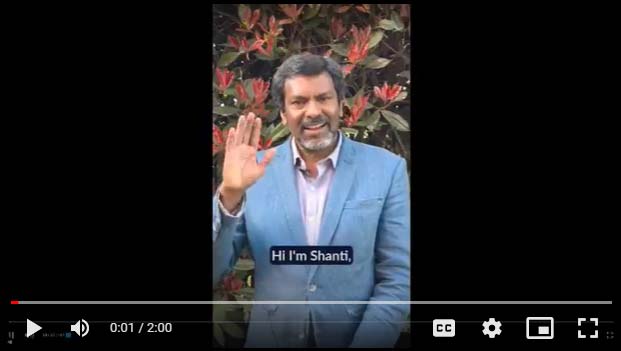
Another reminded his viewers that “for 65,000 years they have been caretakers of this land”, with another one declaring, “By voting yes, I will be standing with them reclaiming what has always belonged to them”.
One of the most thought-provoking might be a simple question put by someone who was initially unclear about his own position: “If my vote can change the lives of First Nations people by even a tiny, tiny bit, then why wouldn’t I vote “Yes”?
Last updated 14 March 2024
More from:
Enjoyed this article? Subscribe to be notified whenever we publish new stories.
Subscribe for Updates
